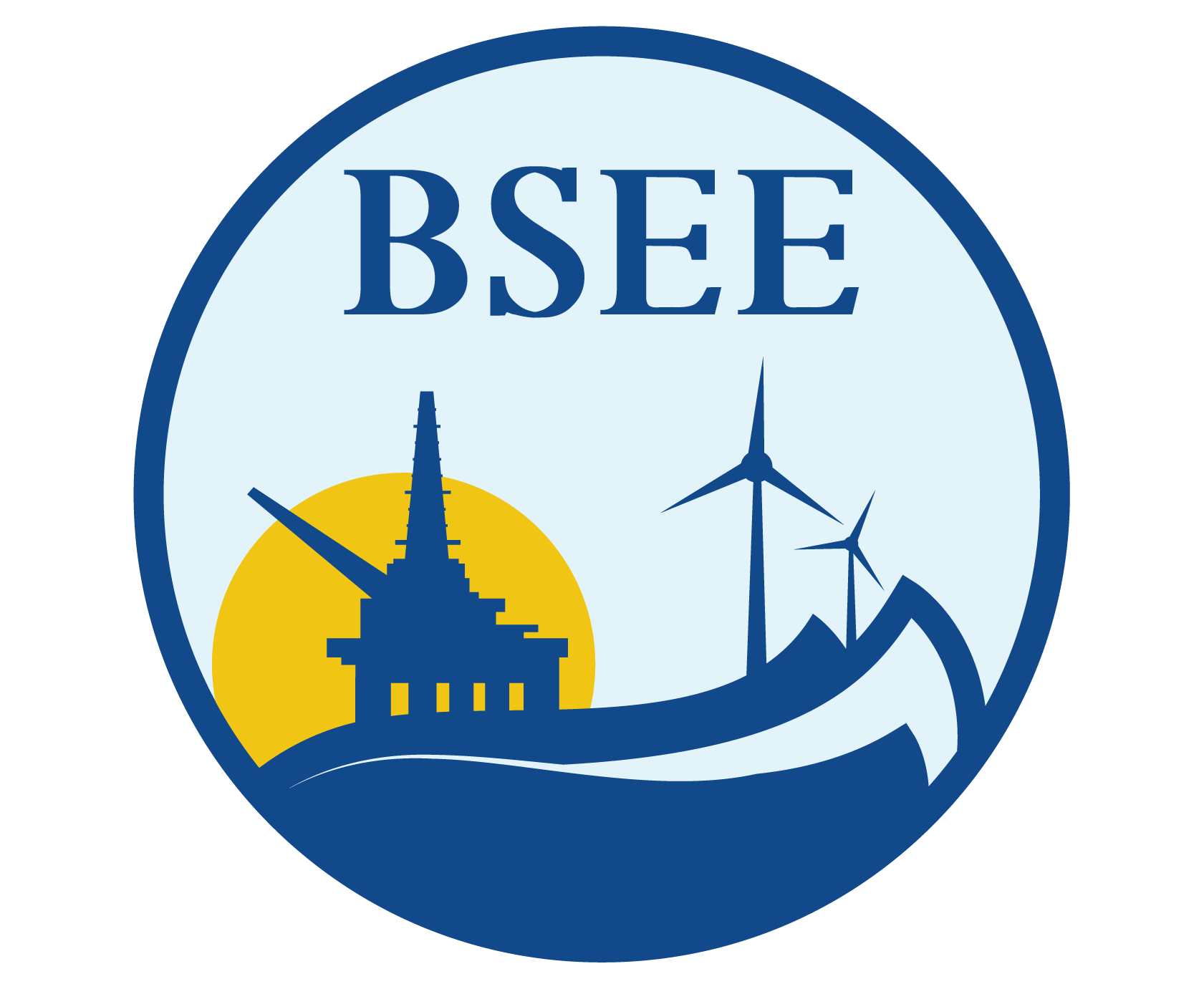The Marine Protected Species Program located within the Bureau of Safety and Environmental Enforcement’s (BSEE) Environmental Compliance Program (ECP) uses science-based information to develop and enforce monitoring and mitigation measures that protect animals and their critical habitats during offshore energy and marine mineral operations.
Protected species include those protected under the Endangered Species Act (ESA), the Marine Mammal Protection Act (MMPA), and the Migratory Bird Treaty Act. On the Outer Continental Shelf (OCS) and along the nation’s shorelines these include sea turtles, whales, dolphins, polar bears, seals, sea lions, sea otters, manatees, shorebirds, beach mice, and over 100 species of fish. BSEE protected species ecologists work with staff from the Bureau of Ocean Energy Management (BOEM), National Oceanic and Atmospheric Administration Fisheries, and the U.S. Fish and Wildlife Service to develop, implement, and enforce monitoring and mitigation measures that minimize harm and adverse impacts to protected species and their habitats on the federal OCS and along coasts.
We develop monitoring and mitigation measures incorporating information derived from biological assessments, biological opinions, and other science-based information as required by the ESA, the MMPA, and the Migratory Bird Treaty Act and as a component of the National Environmental Policy Act (NEPA) analysis. These measures are included as requirements attached to leases, plans, and permits as stipulations or conditions of approval for all offshore energy and marine mineral work on the OCS.
OCS activities such as seismic surveys, drilling operations, pile driving, and explosive removals of offshore structures have increased protected species monitoring and mitigation requirements. Noise from these activities is of particular concern to marine mammals as they use sound to communicate, navigate, and detect predators and prey. Trained protected species observers monitor for marine wildlife visually, and by listening to sounds in the water using passive acoustics during seismic surveys and explosive removals of offshore structures. This minimizes the chances that an animal will venture into the impact zone during active operations.
BSEE’s protected species ecologists also conduct a variety of reviews and inspections to ensure offshore operators comply with all required environmental laws, regulations, and protective mitigations. This includes reviewing reports from protected species observers and post-activity submittals from operators.
As renewable energy operations expand throughout the OCS, and new activities pose potential risks to marine animals and habitats, BSEE protected species ecologists continue to coordinate with other regulators and scientists to provide feedback and recommendations for adaptive management to improve the effectiveness of protected species mitigations and regulations.
BSEE’s ECP oversees verification and enforcement of marine mineral and conventional and renewable energy activities on the Atlantic, Gulf of America, Pacific, and Alaska OCS. Activities vary by region both in the amount of activity and the protected species present.
BSEE ECP ensures that industry complies with all environmental laws, regulations, and relevant provisions, stipulations, and conditions placed on OCS leases, plans, and permits. Regional requirements, protected species information, stranding contacts, and other resources are provided below.
Contact Us:
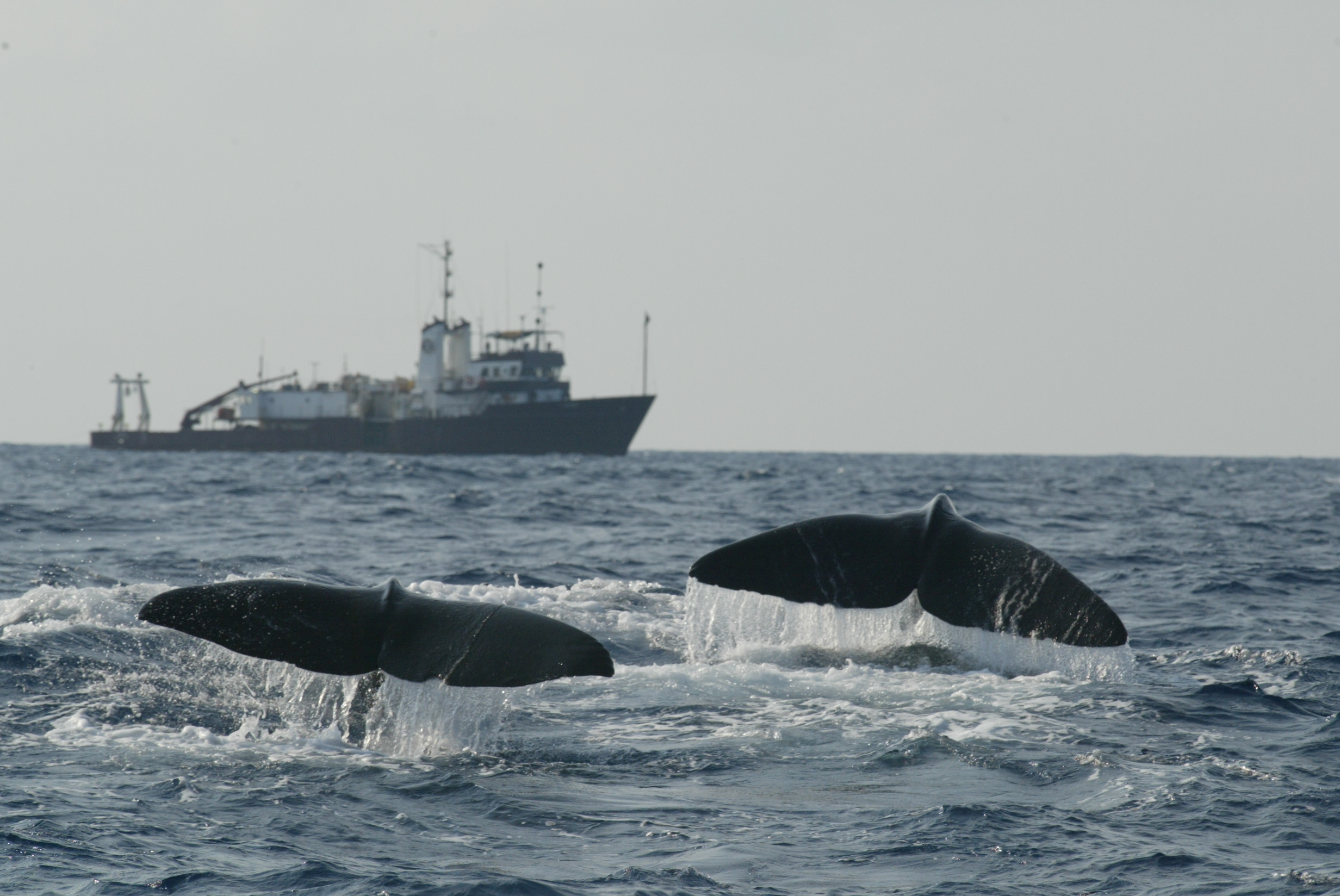
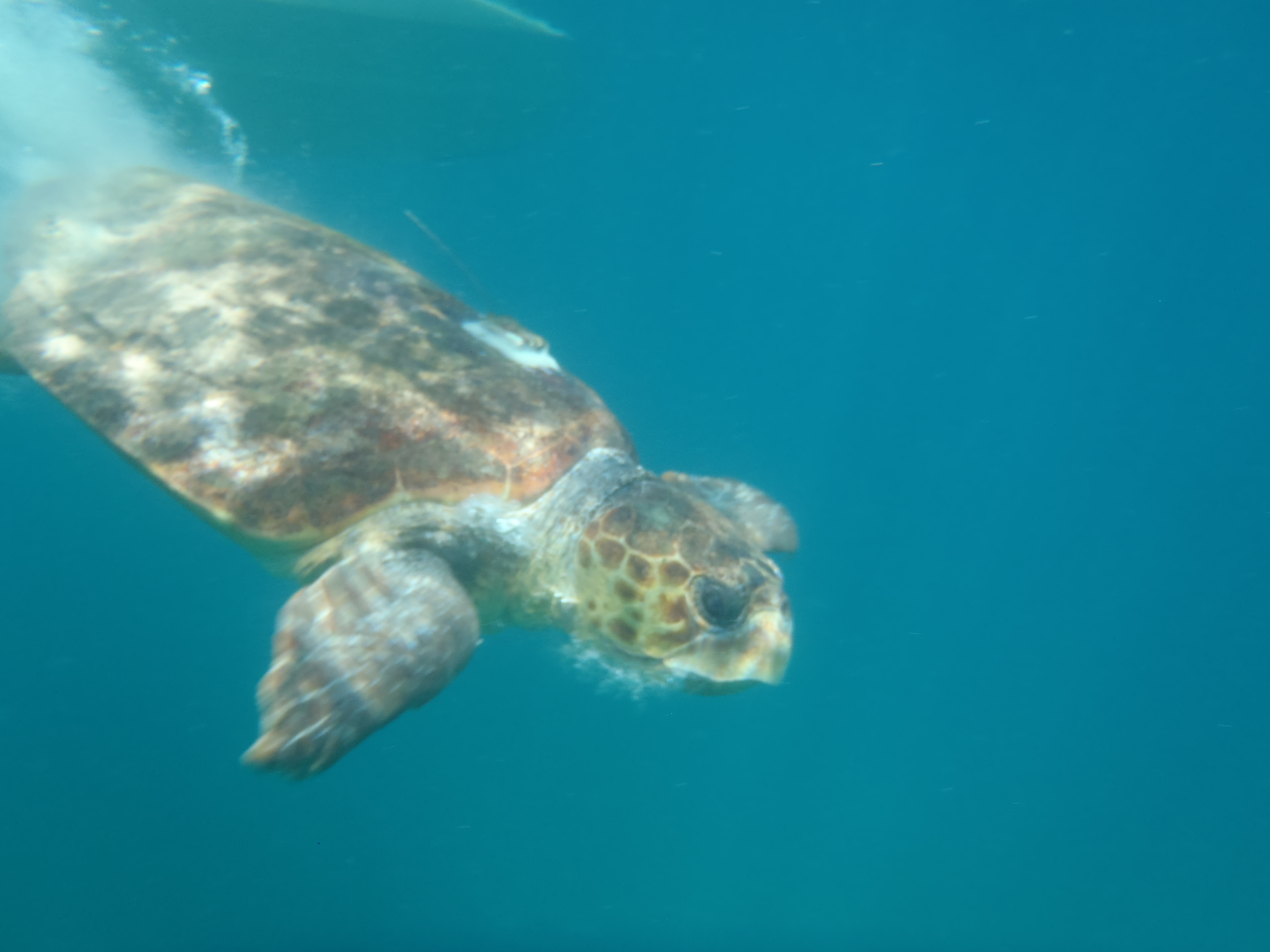
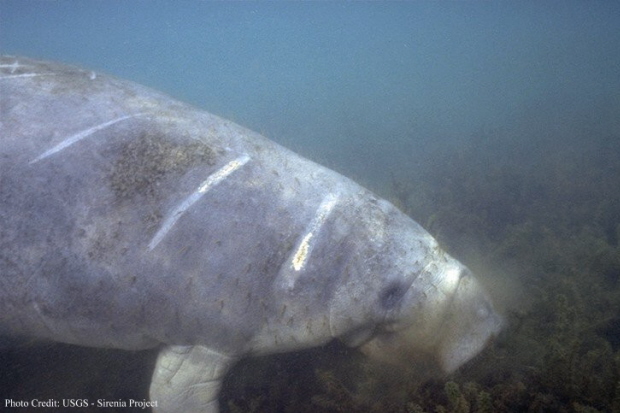
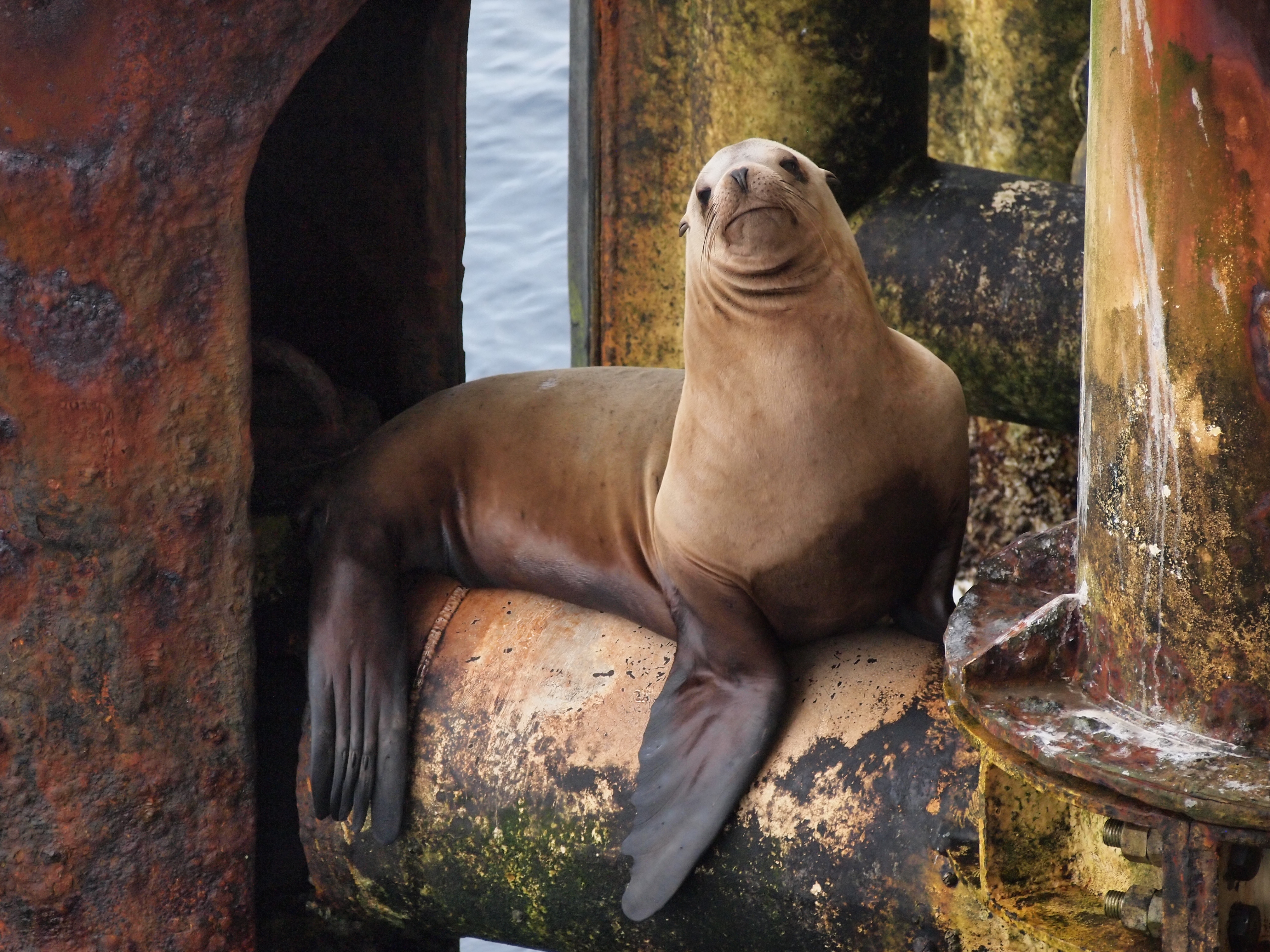
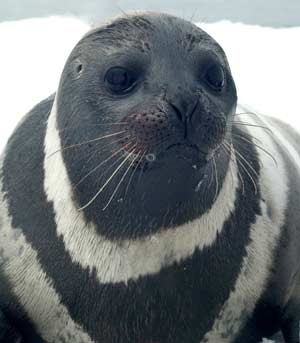
Frequently Asked Questions
Immediately call NOAA Fisheries 24-Hour Stranding Hotline:
Southeast Region at (877) 433-8299
New England/Mid-Atlantic Region at (866) 755-6622
West Coast at (866) 767-6144
Alaska Statewide at (877) 925-7773
Report it to the Sea Turtle Stranding and Salvage Network State Coordinator (866-TURTLE5, 866-887-8535). For all protected species, if the injury or death was caused by an industry vessel or activity, BSEE must be notified within 24 hours by email (protectedspecies@bsee.gov), in addition to notifying the appropriate stranding networks immediately.
Contact BSEE via email at protectedspecies@bsee.gov with the details as well as the local wildlife agency or marine law enforcement. A report may also be sent to the U.S. Fish and Wildlife Service via email at manatee@fws.gov.
